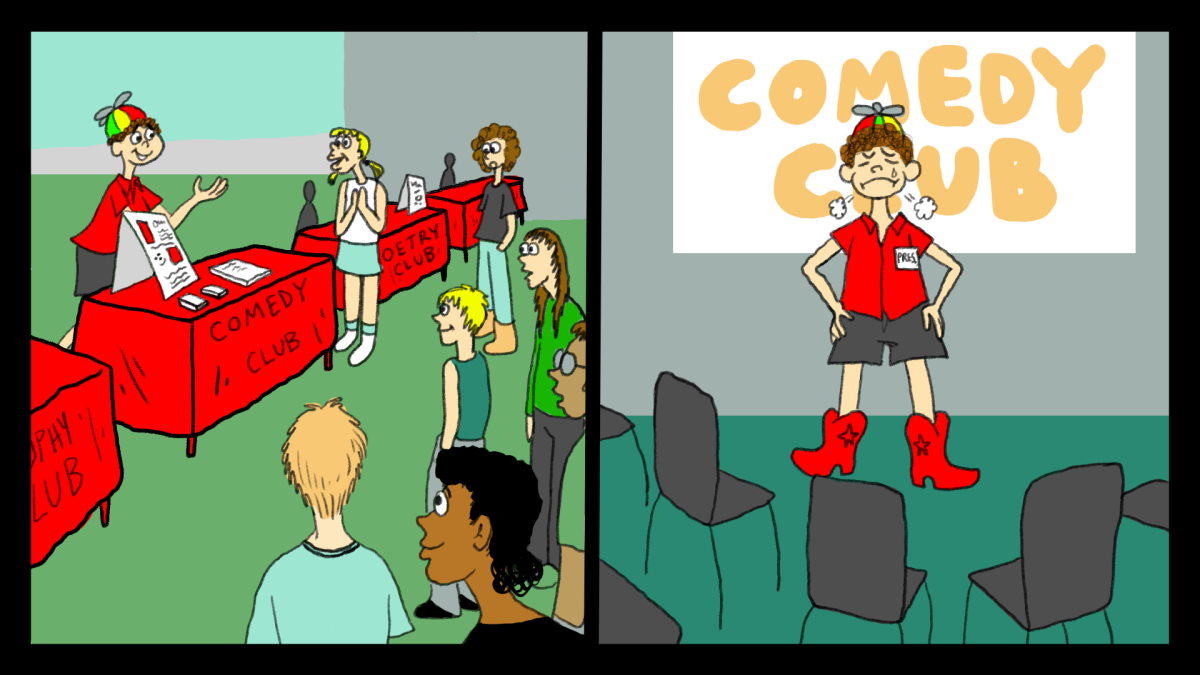These past few months have been filled with campaign ads, whether you’re watching NC State struggle through another close call or indulging in the newest show on your favorite streaming service. These ads often feel out of place, taking time out of enjoyable shows to temporarily degrade the character of someone most of us have never heard of and will, in all likelihood, never meet.
These ads are becoming more vile with each election cycle, highlighting the toxicity of modern politics in America. While most of us find these ads frustrating, this year’s wave has a distinctly inaccurate tone to them. In an effort to provide electoral clarity, I thought I would take the time to clarify some major inaccuracies and the harmful implications of their promotion.
Chief among the many faithless ads is Bo Hines’ ad targeting Wiley Nickel’s law firm. Nickel is accused of defending rapists, murderers and child sex offenders. The campaign ad insinuates that Nickel is willing to accept any client, no matter how egregious the offense is.
I have a couple of concerns about such an attack. First of all, Nickel, who owns a law firm located in Cary, does not personally deal with sex crimes. His firm, Nickel and Granados PLLC, does defend clients accused of such a crime, but his website clearly says any person wishing to seek representation should contact his firm partner Lindsey Granados.
Furthermore, how does the accusation of a lawyer defending someone accused of a crime, especially of one as egregious and depraved as a sex crime, burden their reputation?
The U.S. legal system is predicated on the rule of law as well as the right of every person to an attorney in a court of law. The willingness of any lawyer to take up such difficult cases proves they are dedicated to upholding the law above all else. If defending accused criminals is something to shun a lawyer for, I would be extremely worried about what Hines would do to our legal system. Attacking a defense lawyer for their choice of clients displays a sincere disdain for basic constitutional principles.
The other ad I have a quarrel with is in relation to a decision made by Cheri Beasley while she was on the North Carolina Supreme Court. As the ad says, Beasley shot down a law that would require GPS tracking of known sex offenders. The ad continued to grip the viewer with an anecdotal story of a repeat offender who was released after serving time in prison for prior gruesome sex crimes.
Why is this a problem? Beasley’s opponents would have you believe she is releasing dangerous criminals that have not yet served time. However, Beasley’s decision is actually in line with previously conservative thoughts on GPS tracking. In United States v. Jones (2012), Justice Antonin Scalia said they “hold that the Government’s installation of a GPS device on a target’s vehicle, and its use of that device to monitor the vehicle’s movements, constitutes a ‘search.’”
Beasley’s decision while on the NC Supreme Court was supported by a further review done, and unanimously agreed upon, by a majority conservative Supreme Court. Of all the points to argue, her move to uphold an interpretation of the Fourth Amendment established by conservatives is possibly the weakest and in poor taste.
My takeaway from these ads is the candidates bashing their opponents are genuinely disinterested or sincerely uninformed on basic constitutional principles. Many pundits have noted that democracy and the efficacy of our republic are on the ballot this year. If candidates are going to continue complaining solely about their opponent’s previous employment or their actions taken to preserve the constitution, it is vital that voters reject them.
For more nonpartisan campaign coverage, check Ballotpedia and Vote411. These services provide voters with guides for their specific ballots, candidate surveys and general background information. In addition to this, you can read Technician’s voter guides for further information on candidates’ policies and stances.
For students, especially those outside of the political field in their studies, these ads have the effect of dissuading voters from candidates that might truly reflect their beliefs. While there is certainly a place to highlight an opponent’s inadequacies, flat-out lies establish a dangerous precedent for gaining office — one that gives liars and cheats the reins to a governmental system fully dependent on transparency and honest representation.







